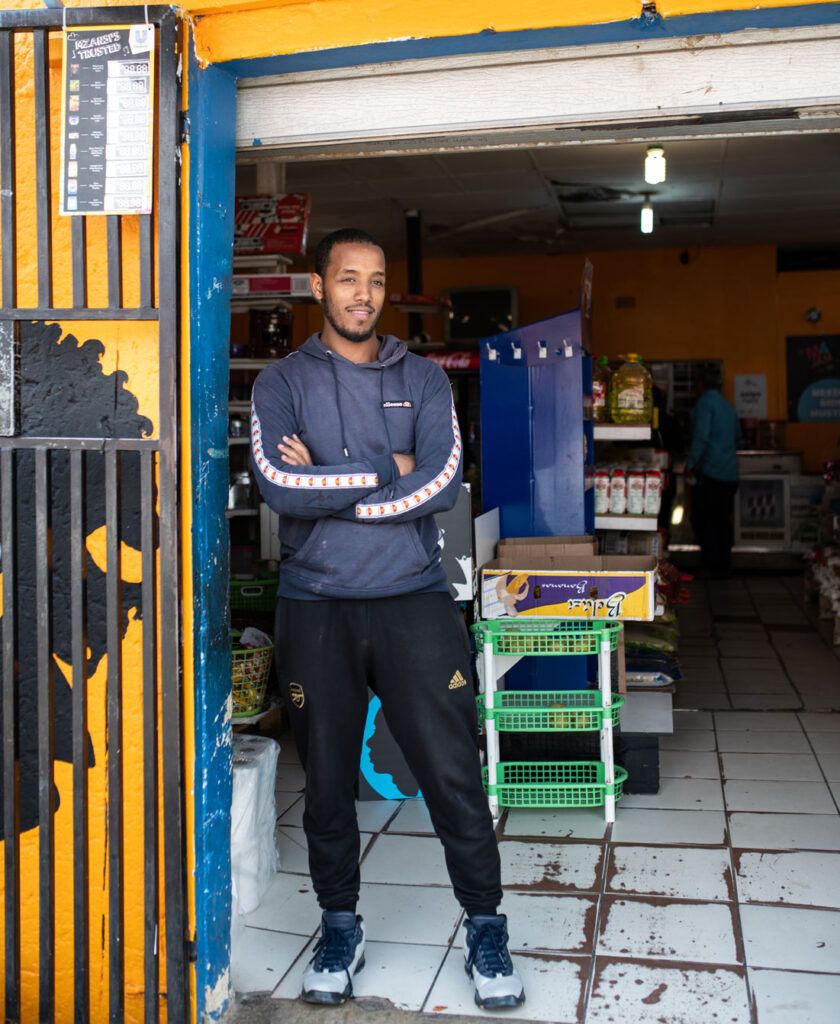Informal retailers, also known as mom-and-pop stores or street vendors, are the backbone of local economies. Despite their modest scale in comparison to large retailers, their influence on working capital and economic stability cannot be underestimated. This blog post delves into the significance of working capital for informal retailers, illuminating its effects on their operations and success.
Understanding Working Capital
Working capital refers to the funds available for a business’s day-to-day operations. It encompasses the difference between current assets and liabilities. For informal retailers, working capital is vital, directly affecting their inventory management, cash flow, and ability to meet customer demands.
Impact on Inventory
Adequate working capital empowers informal retailers to stock a variety of products, cater to diverse customer needs, and take advantage of bulk purchases and supplier negotiations. Insufficient working capital, on the other hand, leads to limited inventory, stock-outs, and missed sales opportunities.
Cash Flow Management
Positive cash flow is crucial for the survival and growth of informal retailers. Working capital helps cover expenses like rent, utilities, and employee wages. Insufficient working capital disrupts cash flow, risking strained relationships with suppliers and disrupted supply chains. Effective management ensures prompt financial obligations.
Customer Service and Business Growth
Working capital enables informal retailers to invest in customer-centric initiatives, such as store improvements, enhanced shopping experiences, and credit facilities. This fosters strong customer relationships, increased sales, and sustainable business growth.
Challenges Faced by Informal Retailers
Accessing working capital poses challenges for informal retailers. Traditional financial institutions may be reluctant due to the informal nature of their businesses and lack of collateral. They often resort to personal savings, family contributions, or informal lending sources, which can be costly and unsustainable. Innovative solutions like microfinance institutions and digital lending platforms are emerging to address these challenges.
Conclusion
Working capital is critical for the success and sustainability of informal retailers, impacting inventory management, cash flow, customer service, and overall business growth. Addressing their challenges in accessing working capital is essential to support their contribution to local economies. Empowering them with necessary resources ensures their prosperity in a competitive retail landscape.

